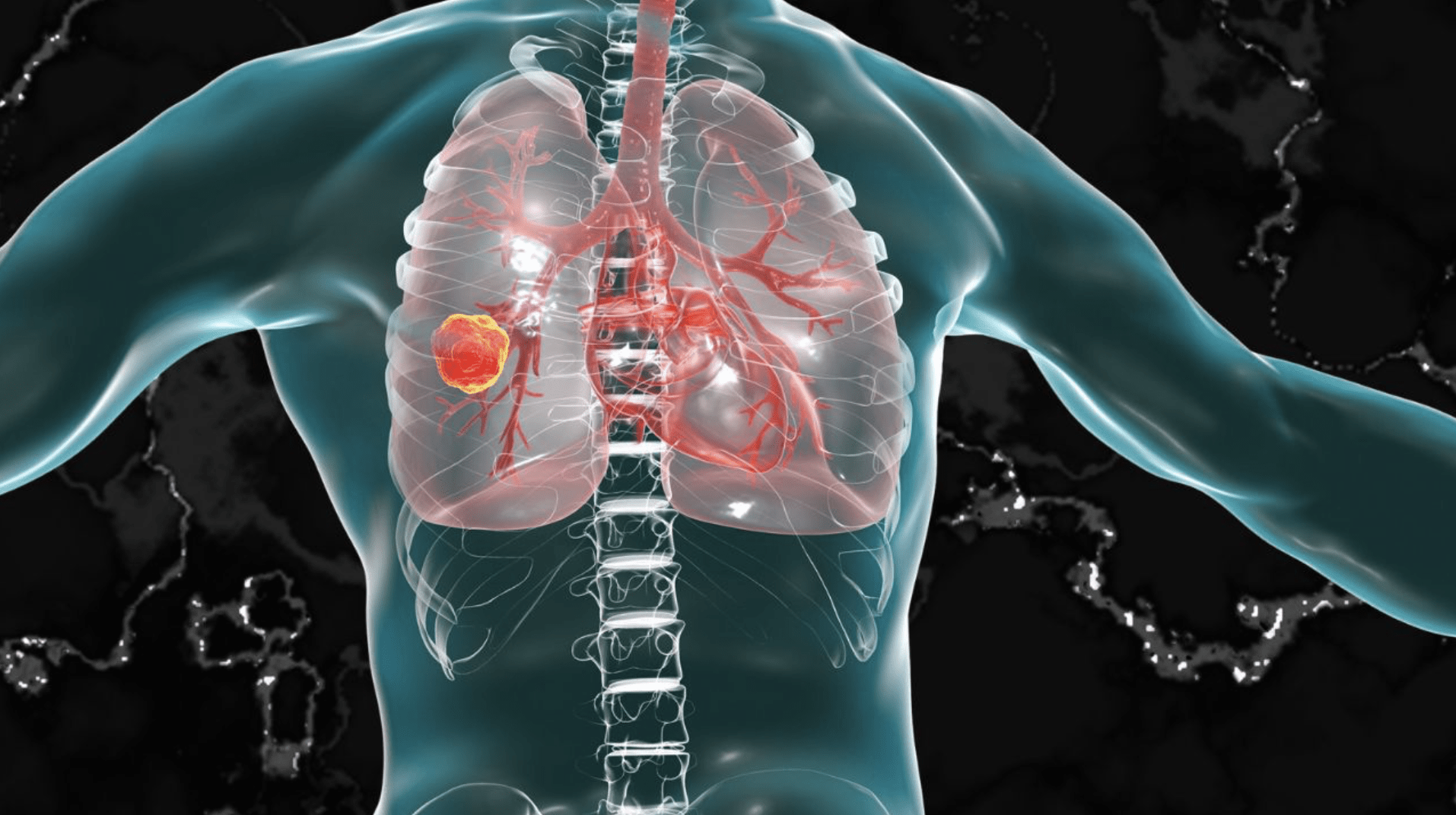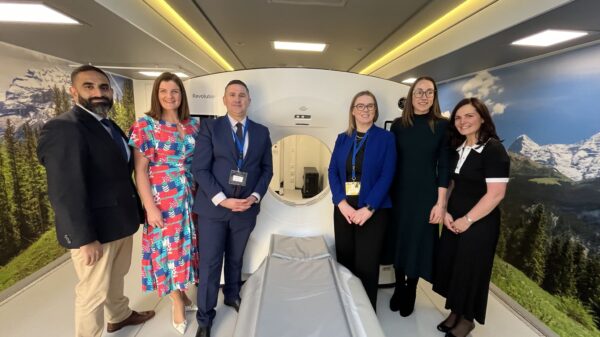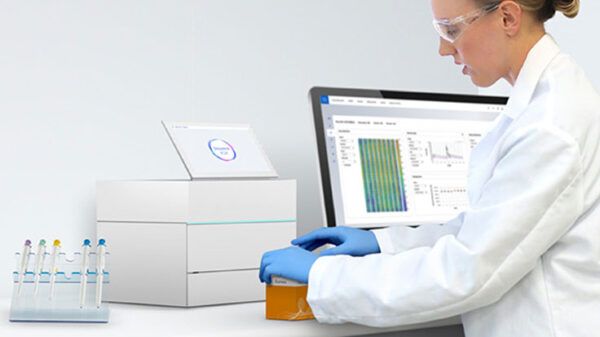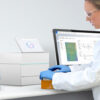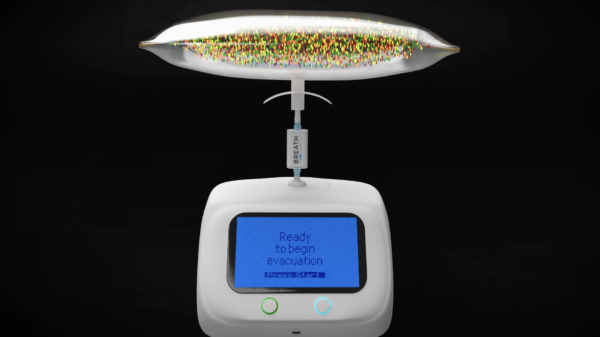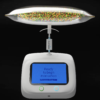A Bengaluru man in his early 50s was fortunate enough to receive a timely lung cancer diagnosis and get into surgery before the disease reached a fatal stage of progression.
He was physically active and didn’t smoke, but the air quality in his city is of significant concern.
The man had a persistent cough and became exhausted easily when he would climb up stairs. This issue prompted him to visit the hospital where he was referred for a low-dose CT scan.
When this occurred, the machine detected a lesion in one of his lungs — a discovery that merited additional follow up. He later had his lungs examined by a endobronchial ultrasound bronchoscope tool while sedated. This examination confirmed that he had early-stage non-small cell lung cancer — the most common type of the respiratory disease.
The middle-aged male was recently able to undergo surgery to remove the part of his lung with the malignant cancerous tissue. He should live for the foreseeable future now thanks to a punctual diagnosis and swift action.
India Could See An Epidemic Of Lung Cancer From Air Pollution! No organ system is spared from the effects of air pollution, and more Indians are getting lung cancer because of it, says thoracic surgeon Arvind Kumar #AirPollution#SaveTreesOfPune https://t.co/2GI8WhZ7ZT
— ChaloPMC Puneसंवाद (@ChaloPmc) February 9, 2025
Read more: Breath Diagnostics onboards new president and closes critical financing
Read more: Breath Diagnostics pioneers novel lung cancer breath test
More convenient testing methods are emerging
Low-dose CT scans like the one used on the Bengaluru man are currently the only FDA-approved screening measure for lung cancer.
However, these large and expensive donut-shaped machines have significant flaws. In particular, they tend to yield a high rate of false positive results. They also expose patients to a quantity of radiation exceeding that of a chest X-ray and can lead to unnecessary subsequent testing.
Thankfully, superior diagnostics tools have been emerging that have the potential to make lung cancer screening a much easier process for the masses without potential for unneeded harm.
One particular American company, Breath Diagnostics, has developed a non-invasive and radiation-free breath testing device that has shown great promise.
In peer-reviewed studies, this medical company’s technology has been proven to achieve a similar sensitivity to low-dose CT scans, but a much higher specificity and significantly lower false positives in lung cancer detection.
Prominent organizations like the Bill & Melinda Gates Foundation have made contributions to Breath Diagnostics’ research, highlighting the immense potential of the healthcare tech developer’s OneBreath MicroReactor screening tool. It is currently making its way down the road to FDA approval.
This isn’t the only promising technology to attract attention in this field of medicine recently though. Minimally-invasive screening tools like microRNA liquid biopsy from Averywell and the mucus analysis tool from bioAffinity Technologies Inc (NASDAQ: BIAF) have also been gaining steam.
rowan@mugglehead.com

